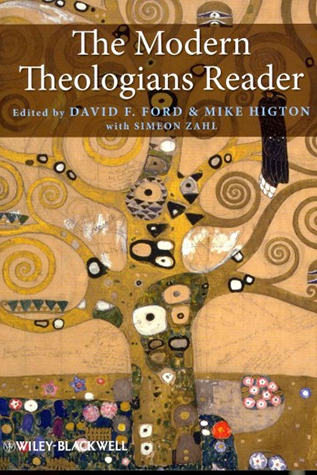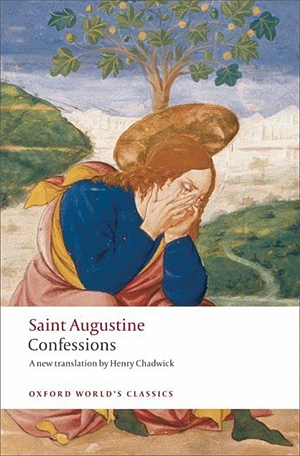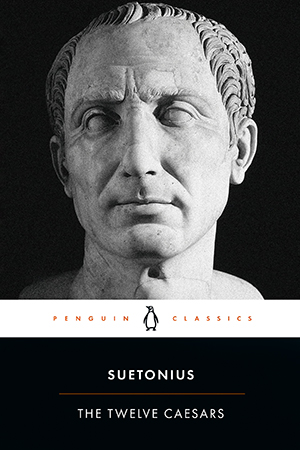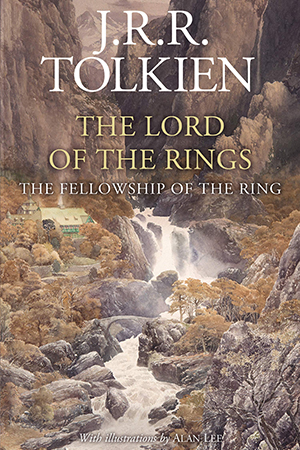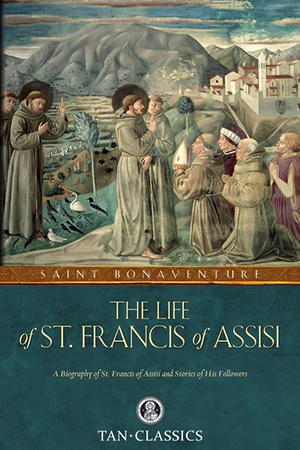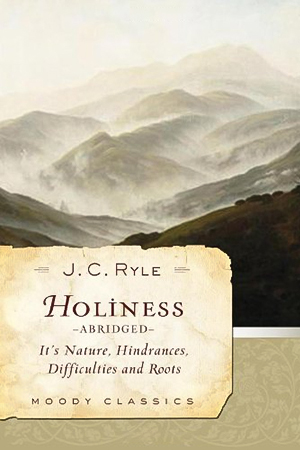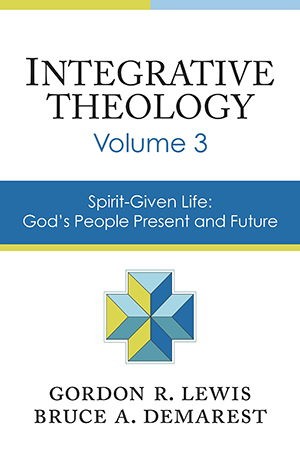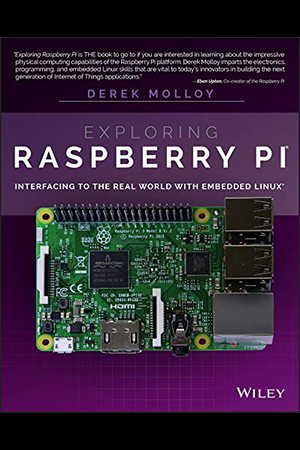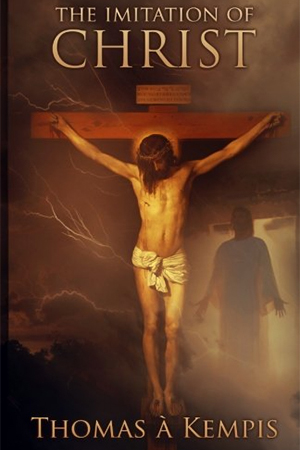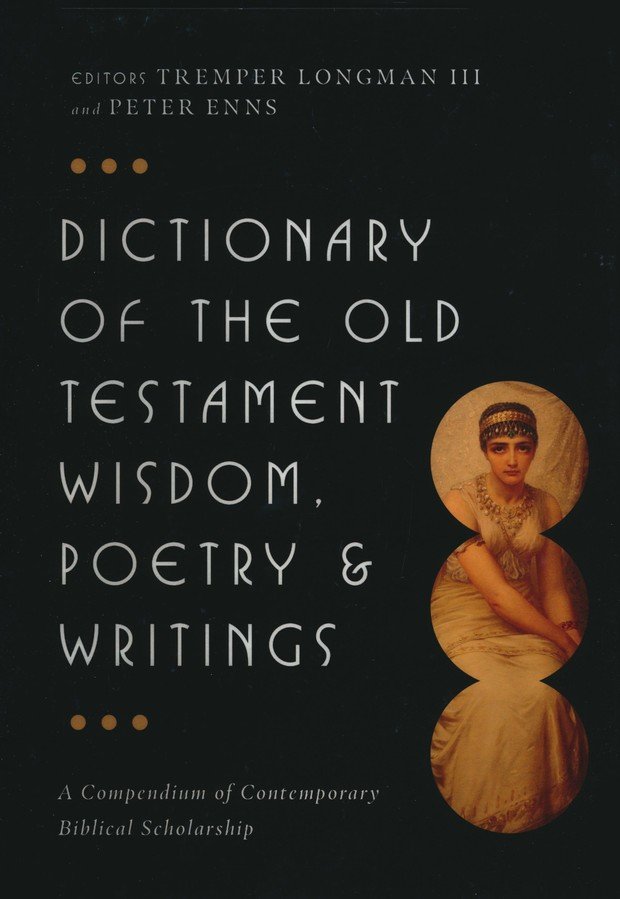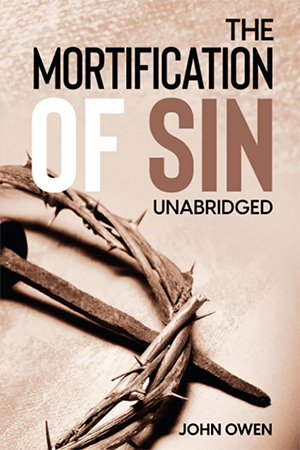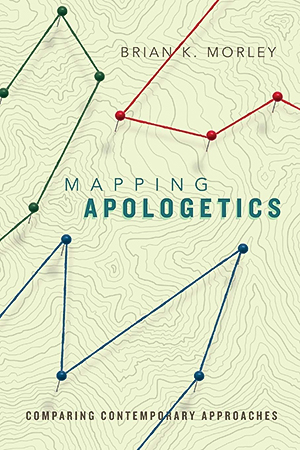 Title: Mapping Apologetics: Comparing Contemporary ApproachesSeries: TheologyPublished by:
Title: Mapping Apologetics: Comparing Contemporary ApproachesSeries: TheologyPublished by: IVP Academic
Release Date: February 11, 2015
Contributors: Brian K. Morley (Author)
Genre: AcademicPages: 384ISBN13: 978-0830840670
Everyone believes something. But how and why do people believe? What counts as evidence? How much can be assumed or believed by faith alone? When it comes to religious faith, the questions become at once more difficult and more important. Over the centuries, Christians have offered different approaches to explaining or defending the Christian faith, a discipline known as apologetics. But it has not always been clear how different apologetic methods work, or what each approach has to offer. In this comprehensive survey, Brian Morley provides an overview of Christian apologetic approaches and how they differ. He explores the historical and philosophical underpinnings of key figures and major schools of thought, from the presuppositionalism of Cornelius Van Til to the evidentialism of Gary Habermas. Moving beyond theory, Morley also covers apologetic application, demonstrating how each view works out in practical terms. This guide covers the complexities of apologetics in a way that is accessible to the nonspecialist. Even-handed and respectful of each apologist and their contribution, this book provides the reader with a formidable array of defenses for the faith.
Review
"In his book Mapping Apologetics, Brian Morley aims to give us a remarkably readable survey of the most influential apologetic approaches current and has remarkably achieved that aim. His analysis lays bare the main lines of each representative apologist's thought. Methods are both described and critiqued. But Brian bends over backwards in his attempt to be fair and accurate with each one. His evaluations are both to the point and irenic. The book strives to keep the technical jargon to a minimum and largely succeeds. When technical language is necessary, the terms are carefully explained both in the text and at the end of each chapter. The book will serve well undergraduate and graduate students seeking to understand diverse apologetic approaches extant today."
-- Paul R. Thorsell, professor of theological studies, Cedarville University
"Dr. Morley is a careful scholar who does assiduous research and painstaking analysis. His long teaching experience of apologetics shines through in this much-needed volume in a day when the diverse approaches to defending the Christian faith are often misunderstood and misrepresented. Morley has conscientiously checked the primary sources and, when possible, he has directly confirmed the accuracy of his accounts by consulting with the apologists whose views he describes. This volume will prove to be an invaluable resource for teachers, students and all Christians who want to enhance their understanding of recent developments in the field of apologetics."
-- Mark M. Hanna, professor of philosophy, Veritas Seminary, and author of Biblical Christianity: Truth or Delusion?
"Mapping Apologetics provides the most complete and best analysis to date of my overall apologetic approach."
-- John Warwick Montgomery, distinguished research professor of philosophy, Concordia University, Wisconsin; director of the International Academy of Apologetics, Evangelism and Human Rights, Strasbourg, France
"Brian Morley shows mastery of the details of my approach, including the qualifications and nuances."
-- John Frame, professor of systematic theology and philosophy, Reformed Theological Seminary
"Throughout the book, Morley's tone is fair, professional, and objective. While he does not hesitate to point out the methods' respective weaknesses, neither does he take sides in the debate. This results in a very evenhanded treatment that apologists of all stripes will find helpful. I am delighted to recommend this book to all Christians with a serious interest in and facility with apologetics and philosophy."
-- David Gunn, Baptist Bulletin, March/April 2016
"If you are new to apologetics, Mapping Apologetics will help you understand the many ways Christians are defending the faith around the world today. . . . If you have been involved in apologetics for many years, Mapping Apologetics will help you dive deeper into your particular apologetic methodology. Dr. Morley does a great job pointing to many books and other references that will help you understand how to use your gifts in even greater ways to reach people for Christ and bring glory to God. If you are interested in Christian apologetics, Mapping Apologetics is definitely a must-have book for your library."
-- Mark McGee, Faith Self Defense, April 21, 2015
"If you are interested in Christian apologetics, Mapping Apologetics is definitely a must-have book for your library."
-- Mark McGee, The Christian Apologetics Alliance, April 26, 2015
"In the volume Mapping Apologetics, Brian Morley treats the reader to an overview and examination of several very useful apologetic methods for defending the Christian faith. At several points, what impressed me were the careful nuances that Brian made time and again when he could have settled simply for repeating other commonly stated reports, but which would have been quite inaccurate. His careful avoidance of such common pitfalls helped to produce some of my appreciation for his treatment."
-- Gary R. Habermas, distinguished research professor and chair, department of philosophy, Liberty University and Baptist Theological Seminary
"Many works on Christian apologetics make the mistake of disconnecting arguments for the Christian faith from the specific assumptions, perspectives and theology of the person advancing those arguments. As an antidote to this disconnection, Brian Morley discusses a helpful range of Christian apologetic perspectives and uncovers how and why each perspective shapes their arguments as they do. Not only do we learn about various important Christian apologists―a worthwhile task in its own right!―we see powerful and tangible examples of how the roots of our theology connect to and feed the various branches of our apologetic arguments. Anyone who considers themselves a Christian apologist should read and benefit from Morley's important volume."
-- Jim Beilby, professor of systematic and philosophical theology, Bethel University, author, Thinking About Christian Apologetics
"Brian Morley has produced a remarkable volume on Christian apologetics that begins with an insightful schema of the foundational tenets of ten distinct approaches to apologetics, followed by chapters detailing the principles and primary proponents of a good number of them. As if this were not enough, Morley treats us in the beginning to a rich chapter on the history of apologetics, beginning in the first century and concluding in the present, as well as an introduction to apologetics in the Bible revealing that the call for us to 'be always ready' existed from the very beginning when God first created apologetics."
-- Mary Poplin, professor, Claremont Graduate University, author of Is Reality Secular?
"Given the burgeoning field of Christian apologetics in our day, Morley's book is an important, timely work. This insightful, thorough guide allows us to stand back and review in significant detail the unique emphases and intellectual contributions of recent influential apologists."
-- Paul Copan, professor and Pledger Family Chair of Philosophy and Ethics, Palm Beach Atlantic University, West Palm Beach, Florida
"Dr. Brian Morley has provided us with an excellent survey of the major approaches to Christian apologetics. Mapping Apologetics is well-informed, even-handed, charitable and insightful. It will be a very helpful resource for anyone seeking to think through the important question of how Christians should contend for the faith 'once for all delivered to the saints' (Jude 3)."
-- James N. Anderson, associate professor of theology and philosophy, Reformed Theological Seminary, founder, www.vantil.info
"Brian Morley's excellent work is an important guide to the Christian apologetic task offering both strategic analysis for the expert and a handbook for anyone interested in defending the faith."
-- Calvin A. Pincombe, Encounter: Journal for Pentecostal Ministry, Fall 2015, Vol. 12
